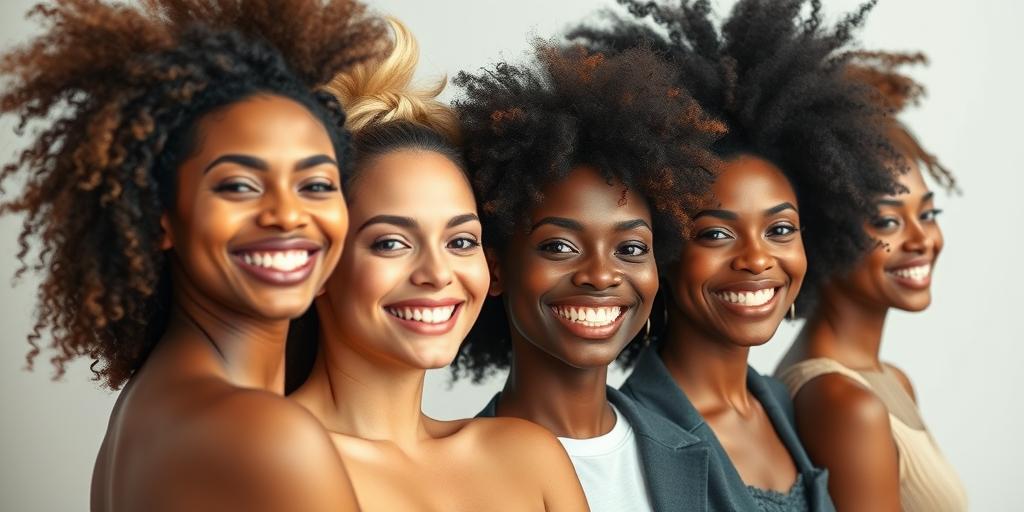Inclusivity and Diversity in 2025 Beauty Standards
The beauty industry is undergoing a significant transformation, with inclusivity and diversity taking center stage. By 2025, beauty standards are projected to evolve even further, embracing a wider range of identities, appearances, and cultural backgrounds. This article explores the key trends and factors driving this shift.
The Rise of Representation
One of the most significant changes is the increasing demand for representation across all aspects of the beauty industry. Consumers are seeking brands that reflect their own identities and experiences, leading to a greater emphasis on diverse casting in advertising campaigns, social media content, and product development.
- Diverse Casting: Brands are moving away from traditional, homogenous beauty ideals and embracing models of different ethnicities, ages, body types, and abilities.
- Authenticity: Consumers are more likely to support brands that genuinely champion diversity and inclusion, rather than engaging in tokenism or performative activism.
- Cultural Sensitivity: As the industry becomes more global, brands are becoming more attuned to cultural nuances and avoiding appropriation or misrepresentation.
Personalized Beauty
Technological advancements are enabling a more personalized approach to beauty, catering to individual needs and preferences. This trend aligns with the broader movement toward inclusivity, as it recognizes that beauty is not one-size-fits-all.
- AI-Powered Customization: Artificial intelligence is being used to analyze skin types, hair textures, and other individual characteristics, allowing for the creation of customized products and routines.
- Inclusive Shade Ranges: Brands are expanding their shade ranges to accommodate a wider spectrum of skin tones, ensuring that everyone can find a perfect match.
- Adaptive Products: Products that can adapt to different skin types and conditions are gaining popularity, offering a more versatile and inclusive solution.
The Influence of Social Media
Social media continues to play a pivotal role in shaping beauty standards and driving conversations around inclusivity and diversity. Platforms like Instagram, TikTok, and YouTube have empowered individuals to share their own beauty stories and challenge traditional norms.
- User-Generated Content: Consumers are increasingly turning to user-generated content for authentic reviews and recommendations, rather than relying solely on traditional advertising.
- Influencer Activism: Influencers are using their platforms to advocate for greater diversity and inclusion in the beauty industry, holding brands accountable for their actions.
- Community Building: Social media has facilitated the formation of online communities where individuals can connect, share experiences, and support one another on their beauty journeys.
Sustainability and Ethical Considerations
In addition to inclusivity and diversity, consumers are also becoming more conscious of the environmental and ethical impact of their beauty choices. Brands that prioritize sustainability and ethical sourcing are gaining a competitive edge.
- Sustainable Packaging: Reducing waste and using eco-friendly materials are becoming increasingly important to consumers.
- Cruelty-Free Products: Brands that abstain from animal testing are gaining favor among ethical consumers.
- Ethical Sourcing: Ensuring fair labor practices and responsible sourcing of ingredients is becoming a priority for both brands and consumers.
Looking Ahead
As we approach 2025, the beauty industry is poised to become more inclusive, diverse, and sustainable. Brands that embrace these values and prioritize the needs of all consumers will be best positioned for success in the years to come. By celebrating individuality, promoting representation, and embracing innovation, the beauty industry can contribute to a more equitable and empowering world.
Conclusion
The evolving beauty standards of 2025 reflect a broader cultural shift toward inclusivity and diversity. By embracing representation, personalization, and sustainability, the beauty industry is poised to create a more equitable and empowering world for all.
